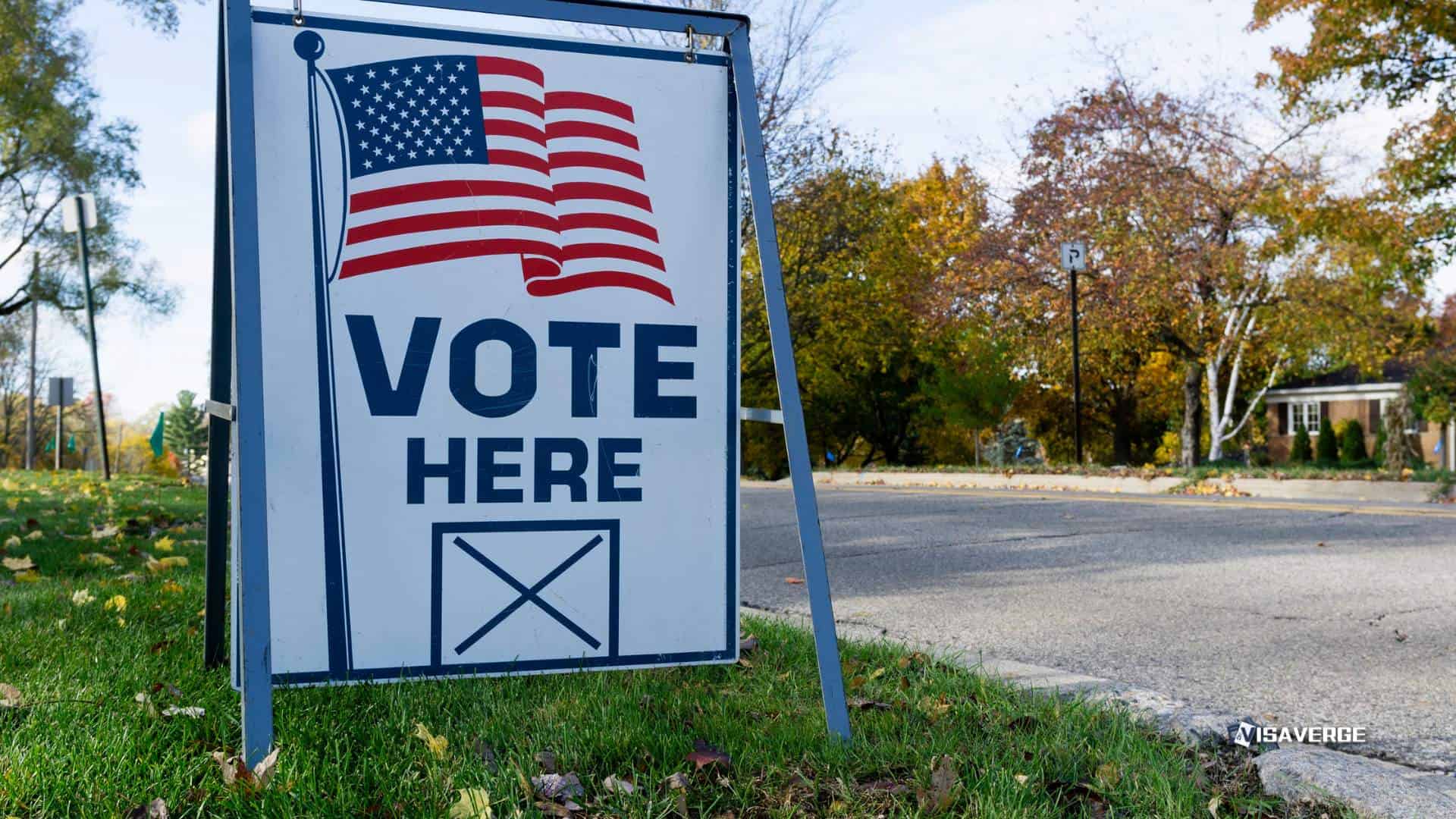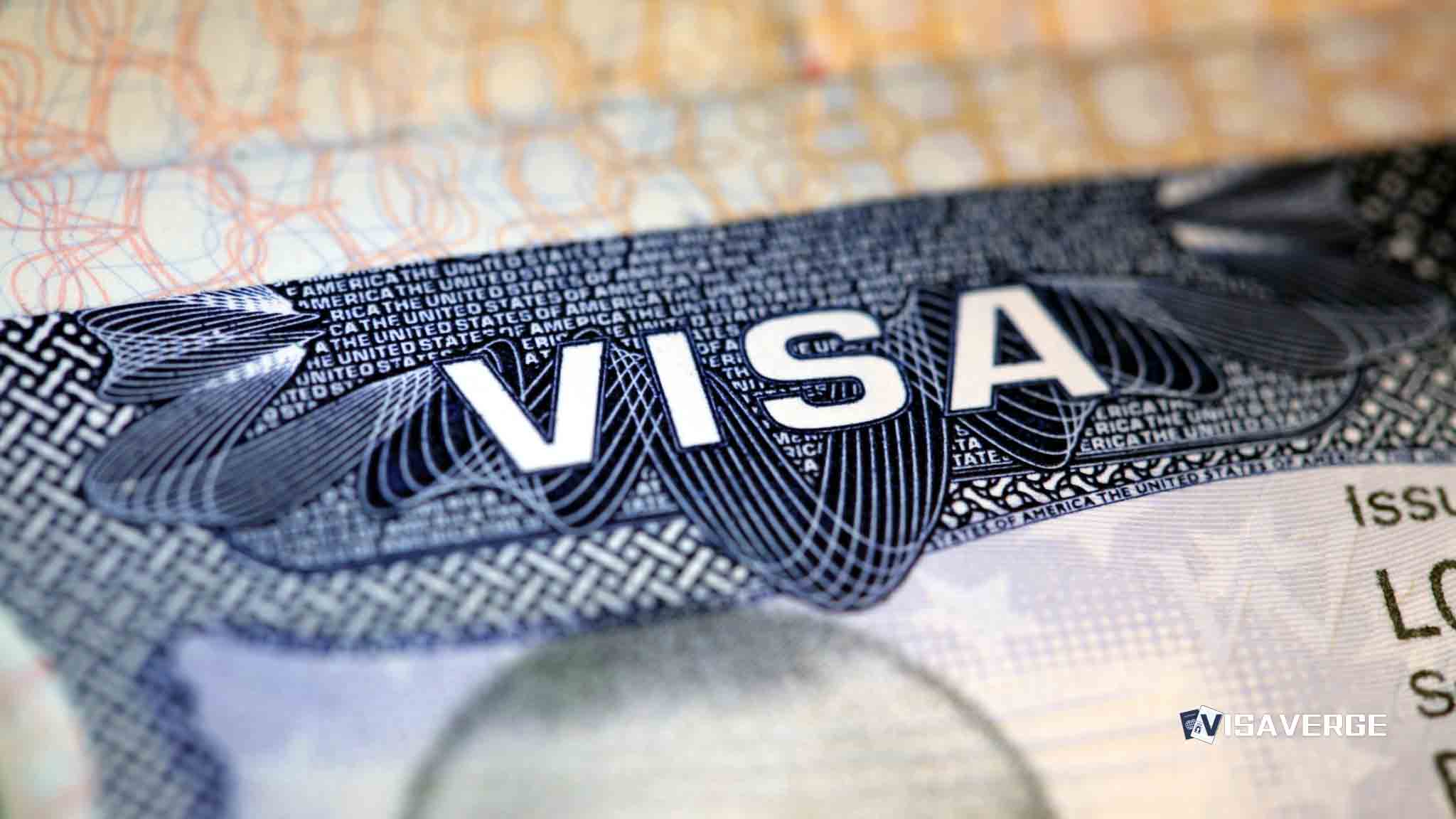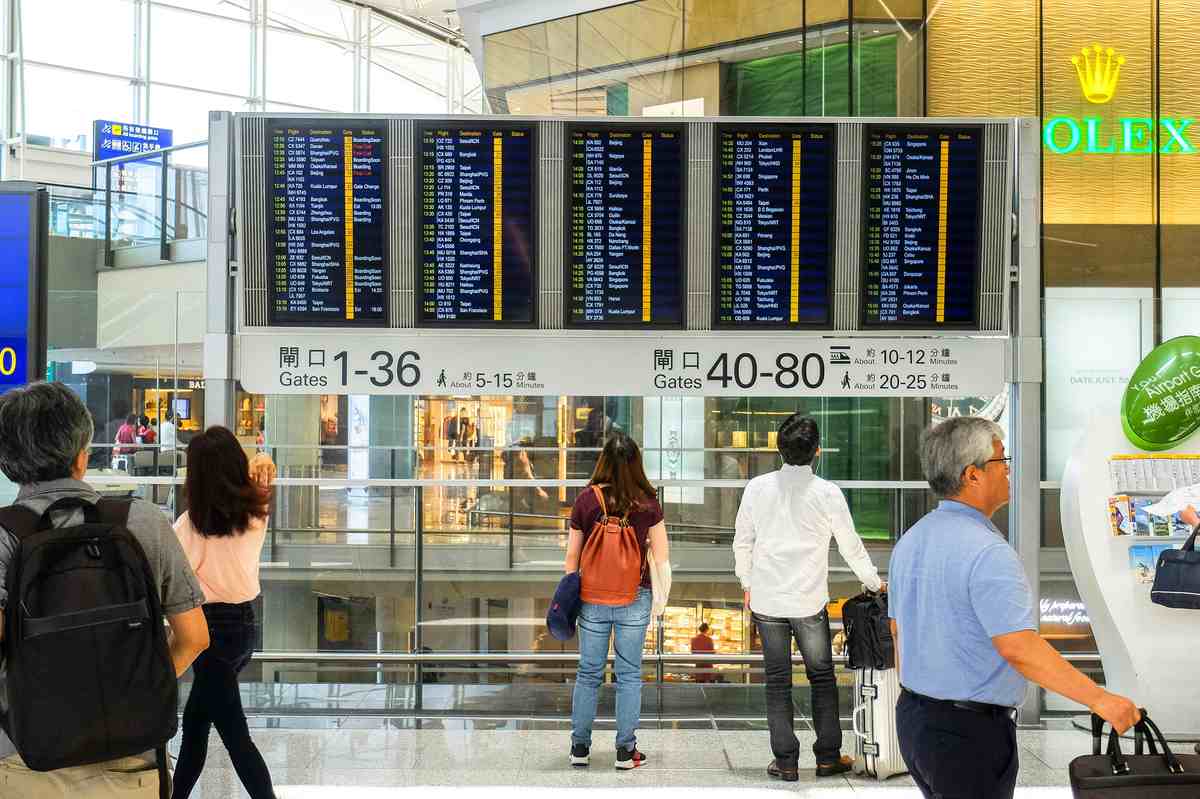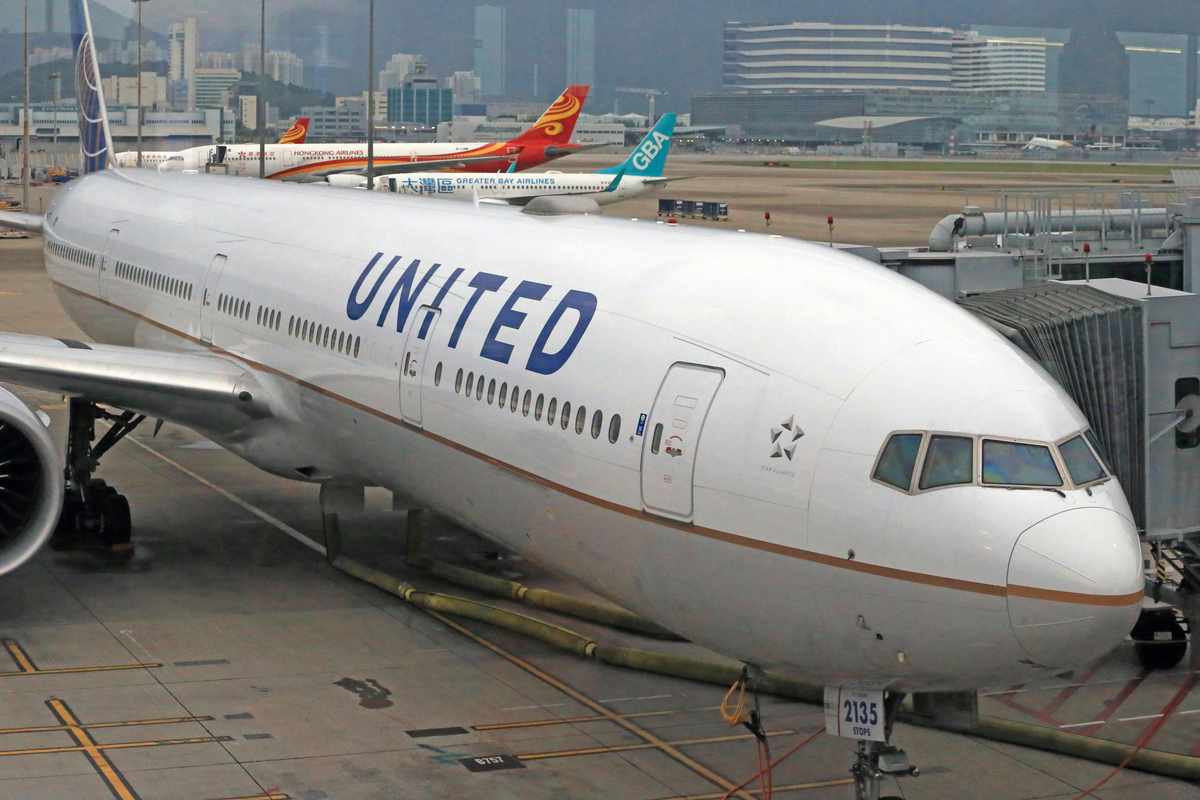(CANADA) Canada has joined forces with the United Kingdom and Australia in a new joint campaign to fight visa fraud, launched during International Fraud Awareness Week from 16–22 November 2025. The coordinated move, announced on 17 November 2025, aims to protect vulnerable visa applicants, shut down criminal networks, and keep immigration systems safe and fair across the three countries.
Officials say the campaign, branded #FightingVisaFraud, marks an unprecedented level of cooperation between immigration and law enforcement agencies that are facing a sharp rise in scams linked to travel, work, and study visas. Australia is also working with New Zealand on some outreach events, widening the reach of the message in regions where fraud has grown fast.
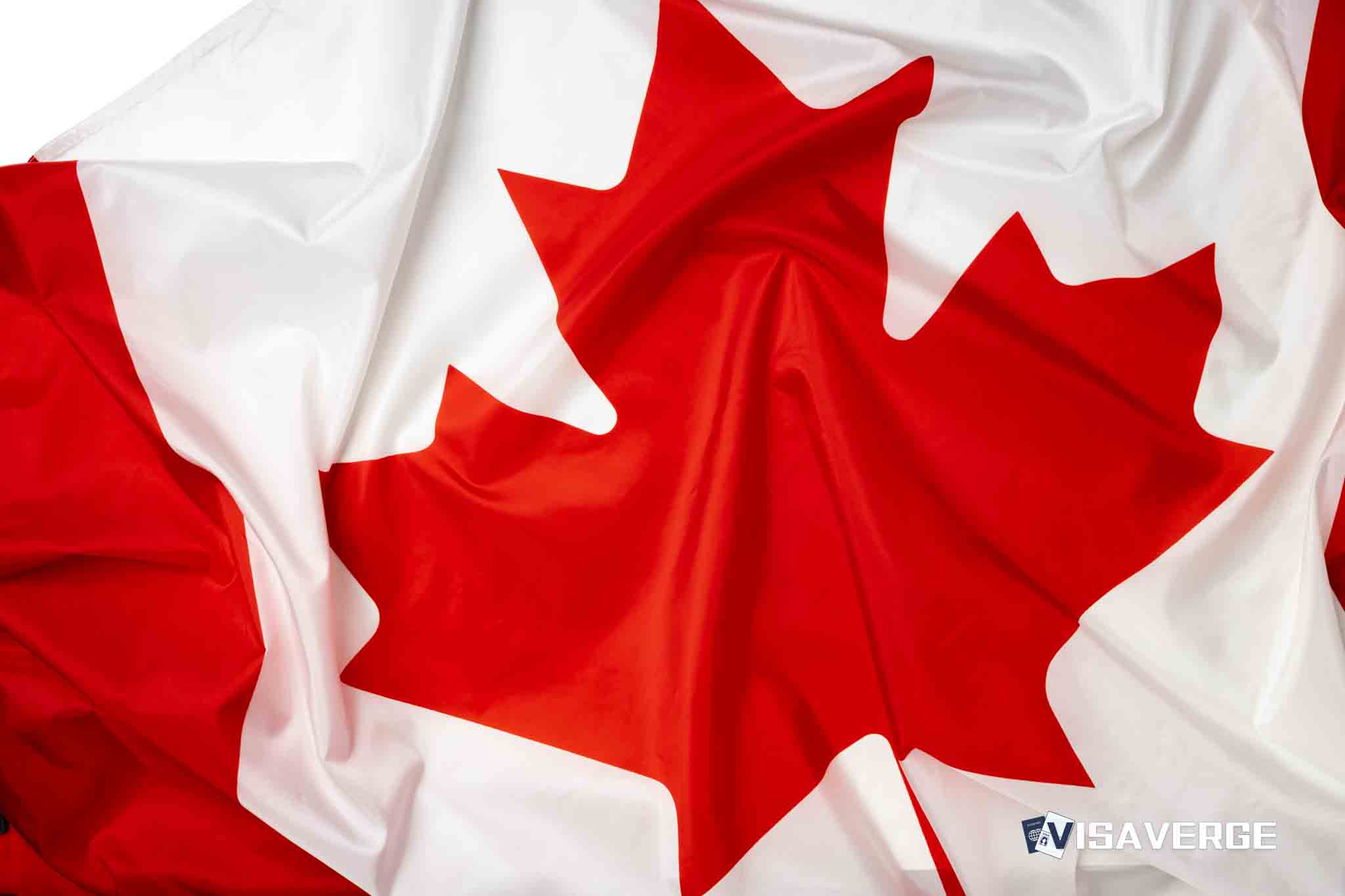
Why the campaign was launched
The governments are reacting to a clear warning sign: visa‑related scams surged by 32% in Southeast Asia in 2024–25, according to figures released as part of the campaign. Victims have reported forged health checks, fake “priority processing” offers, and supposed guaranteed visas in return for high fees, often paid in cash or through informal apps that are hard to trace.
Canadian officials say the human cost sits at the heart of the effort. The Canadian High Commissioner to Nigeria, Pasquale Salvaggio, said Canada 🇨🇦 is acting with partners because people seeking better lives are being targeted at their most hopeful moments.
“Canada is committed to working with our international partners to combat visa fraud and protect people from exploitation. This campaign reflects our shared values and determination to maintain fair, secure immigration systems,” Salvaggio said.
His warning echoes that of Dr. Richard Montgomery, the British High Commissioner to Nigeria, who stressed that the damage goes far beyond money lost.
“Visa fraud destroys dreams and devastates families. Criminal facilitators prey on people’s legitimate aspirations for a better life, stealing their money and putting them at risk of serious harm,” he said, as the campaign rolled out on social media and through embassies worldwide.
Key messages and outreach methods
The FightingVisaFraud initiative is built around simple, repeated messages:
- Use only official government websites.
- Avoid anyone who promises a guaranteed visa.
- Report suspected scams.
Governments are pushing these points through:
- Multilingual social media graphics
- Embassy outreach sessions
- Targeted information drives in key countries such as Thailand, Nigeria, and India
Part of the strategy is to make it easier for people to check whether information is real. Officials stress that the official government sites provide the only trusted fee lists and instructions.
Official sites highlighted
| Country | Official guidance site |
|---|---|
| United Kingdom | https://www.gov.uk/browse/visas-immigration (use the official UK government visas and immigration page) |
| Canada | https://www.canada.ca/en/services/immigration-citizenship.html (Immigration, Refugees and Citizenship Canada) |
| Australia | https://www.homeaffairs.gov.au/ (Australian Department of Home Affairs) |
Officials stress these sites provide the only trusted fee lists and instructions.
Enforcement and intelligence sharing
Authorities are pairing public education with tougher tools against organized crime. The three countries say they will:
- Share more intelligence between immigration departments and police forces
- Track cross‑border operations that forge documents, sell fake job offers, or coach applicants to lie in interviews
- Promote dedicated reporting portals such as Australia’s Department of Home Affairs tip‑off systems and the United Kingdom’s Action Fraud service, so victims and whistle‑blowers can submit details directly to investigators
Common warning signs of visa‑related scams
Campaign material focuses heavily on red flags. Applicants are told to be wary of agents who:
- Demand quick payment or excessive fees
- Insist on cash only
- Claim special relationships with embassies
- Guarantee a visa or promise jobs requiring no qualifications
- Offer faster processing in exchange for extra money
Potential consequences for victims
The consequences for those caught up in scams can be severe, even when they did not mean to do anything wrong. Officials remind people that immigration systems treat false documents and fake information as misrepresentation, which can lead to:
- Visa refusals
- Travel bans of up to 10 years
- Possible criminal charges in the destination country
- Risk of exploitation or trafficking after paying for fake job placements arranged by criminal brokers
Wider policy aims and impact
According to analysis by VisaVerge.com, the joint move by Canada, the United Kingdom, and Australia also serves a wider policy aim: protecting the integrity of their immigration systems at a time of strong demand for international mobility.
By going public with shared warnings and a clear campaign identity, the three countries are trying to signal that scams will be taken seriously wherever they occur along the visa chain — from recruitment agents in origin countries to document fixers closer to destination borders.
Role of embassies and community outreach
Embassies are expected to play an important frontline role during the campaign period and beyond. Outreach staff are:
- Holding information sessions with student groups, labour recruiters, and travel agencies
- Stressing that only registered and regulated migration advisers should provide paid immigration help
- Urging community leaders and local media to spread the message that visas are never sold through social media, messaging apps, or private bank accounts
Practical advice for applicants
Officials boil the advice down to three core points:
- Always use official channels.
- Always verify who you are dealing with.
- Always report suspicious activity.
Practical steps include:
- Double‑checking a website address against an official list
- Asking to see an agent’s registration number
- Walking away from a deal that feels too good to be true
Report suspicious contact through official portals and keep copies of messages. Your report helps authorities trace networks and protect others from similar scams.
Authorities argue that each report helps them piece together wider criminal patterns.
Why the timing matters
The campaign’s timing during International Fraud Awareness Week is deliberate, giving the three governments a global stage as banks, regulators, and consumer groups around the world also focus on scams. By tying visa fraud to this wider theme, Canada and its partners hope to push the issue beyond specialist immigration circles and into mainstream conversations — especially in countries where going abroad for work or study has become a common family plan.
While the joint initiative does not change visa rules or create new programs, officials say it sends a clear message to both applicants and criminals: immigration will remain open, but it must be safe and honest. The emphasis on cooperation, information sharing, and public awareness suggests that more joint work on visa fraud may follow if this first #FightingVisaFraud push leads to more reports, more prosecutions, and fewer people seeing their travel hopes destroyed by scams.
Canada, the UK and Australia launched #FightingVisaFraud during International Fraud Awareness Week to counter a 32% rise in visa scams in Southeast Asia (2024–25). The campaign combines multilingual outreach, embassy sessions, official‑site guidance, reporting portals and intelligence sharing to shut down criminal networks. Target countries include Thailand, Nigeria and India. Officials warn of severe consequences for victims—visa refusals, travel bans and trafficking risk—and urge applicants to use registered advisers and official government channels.




